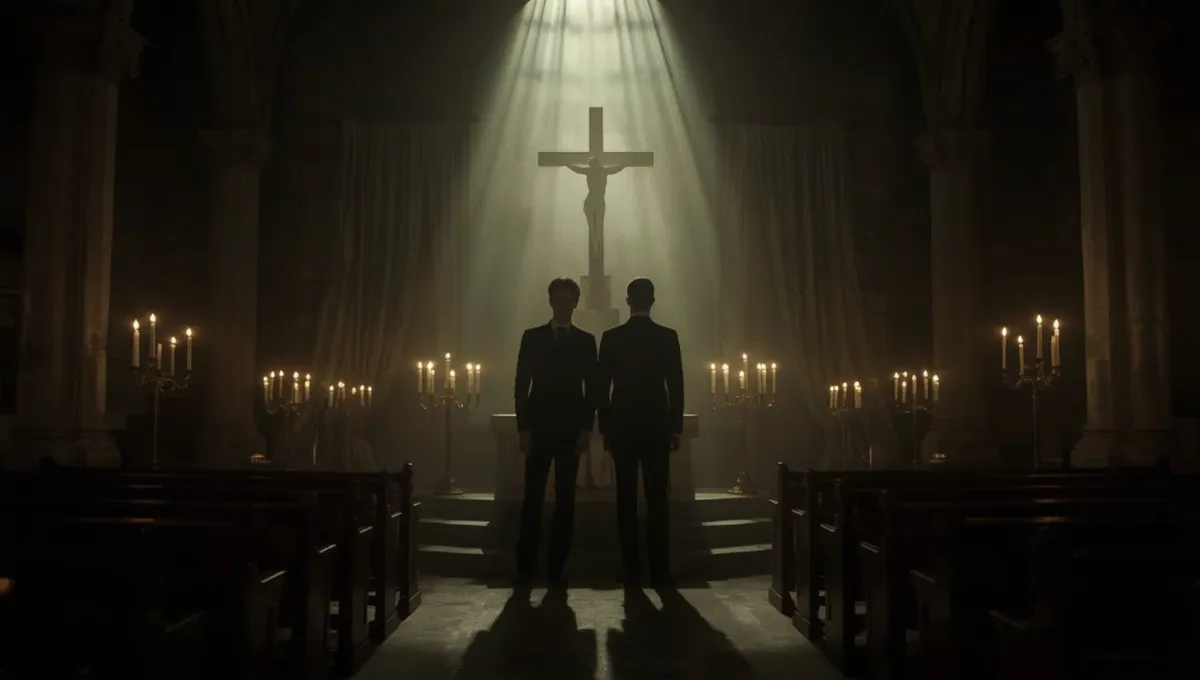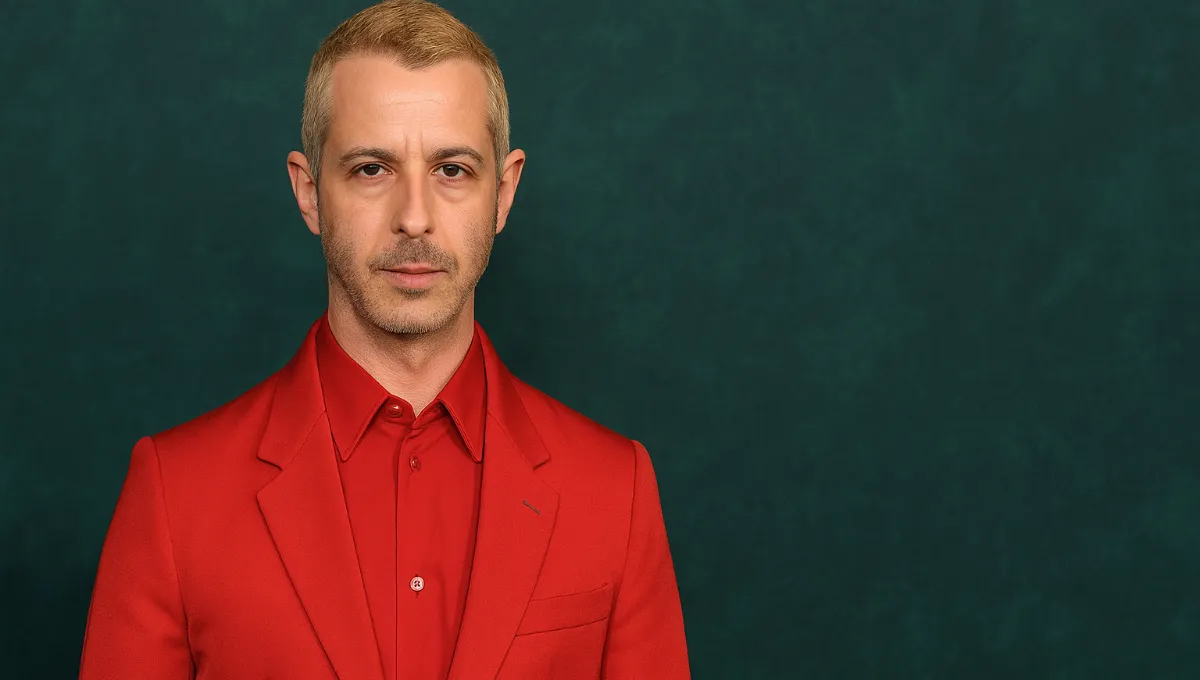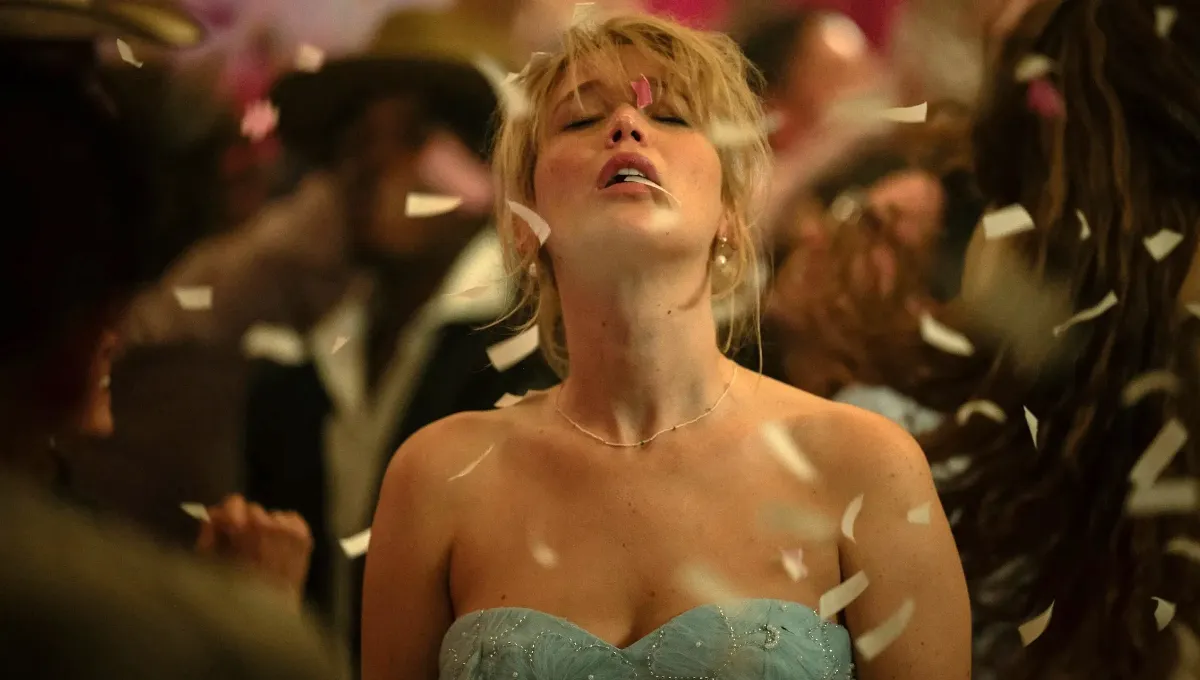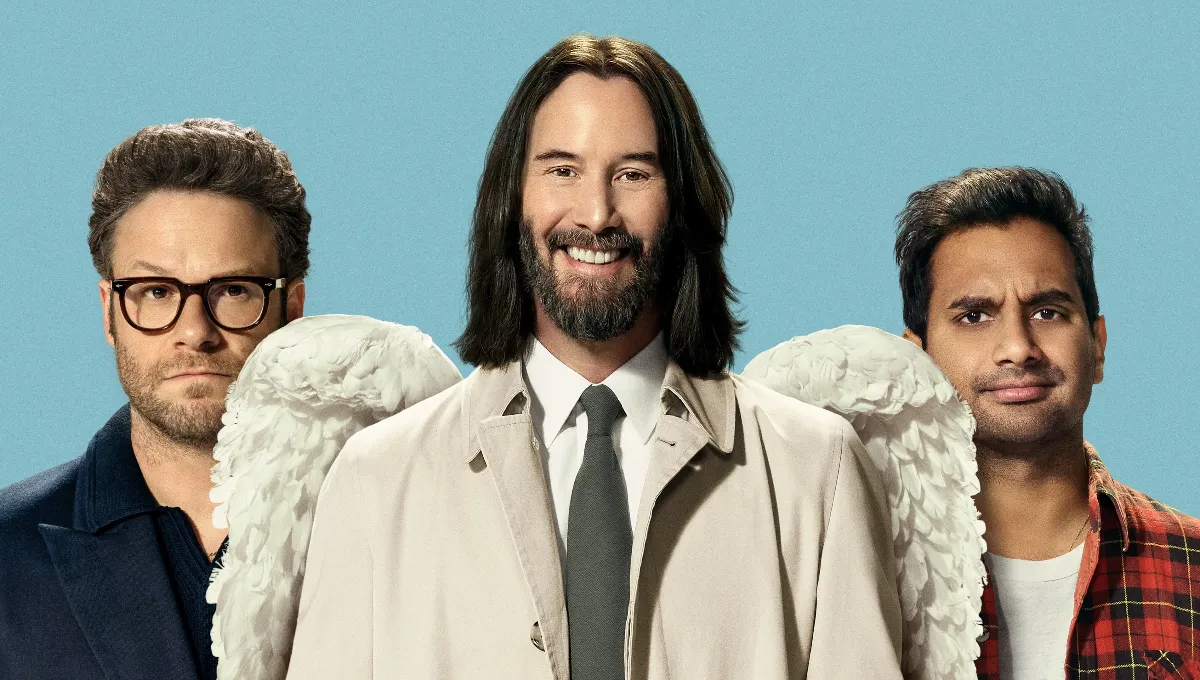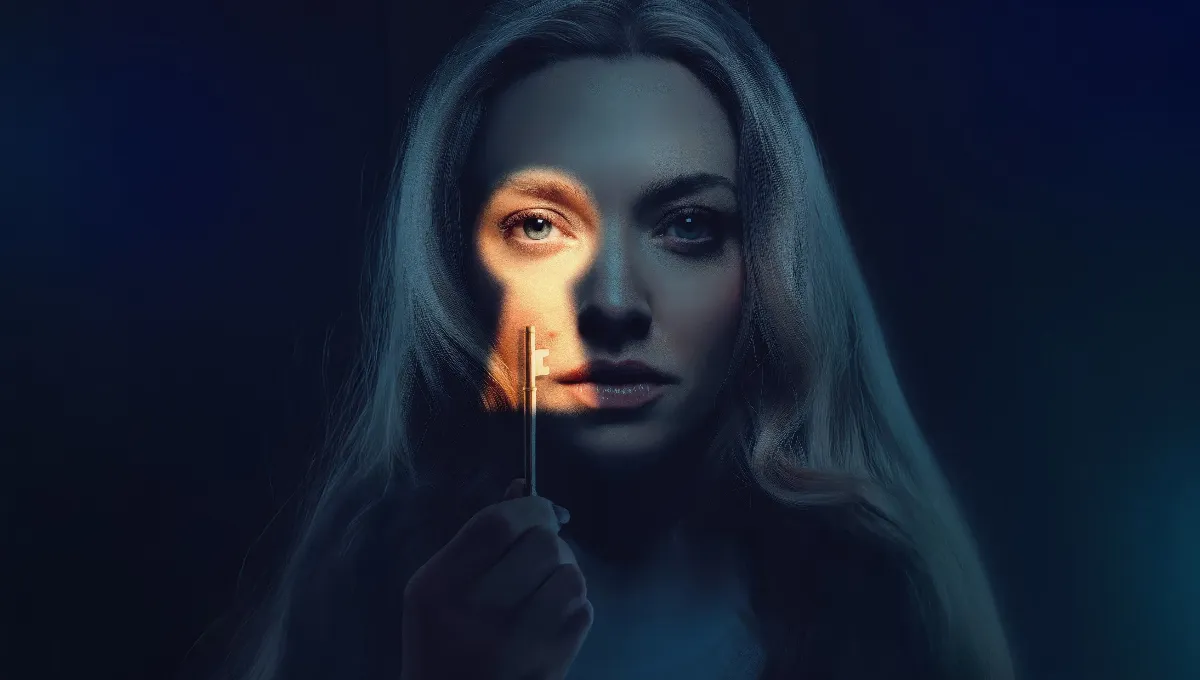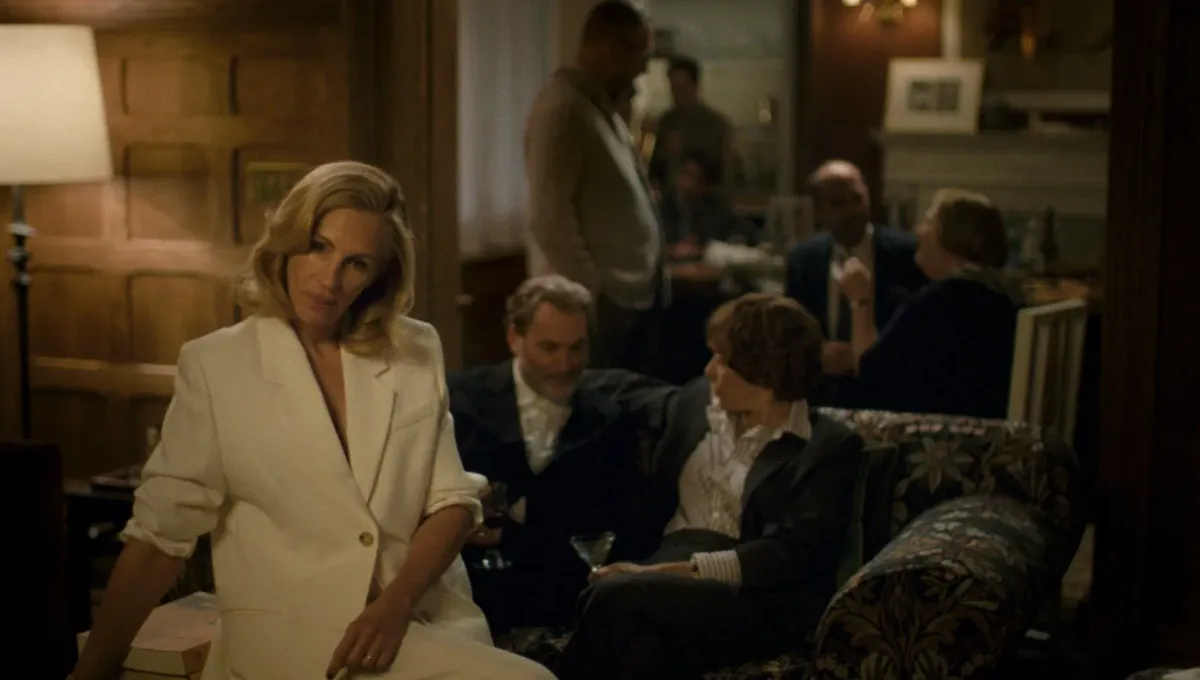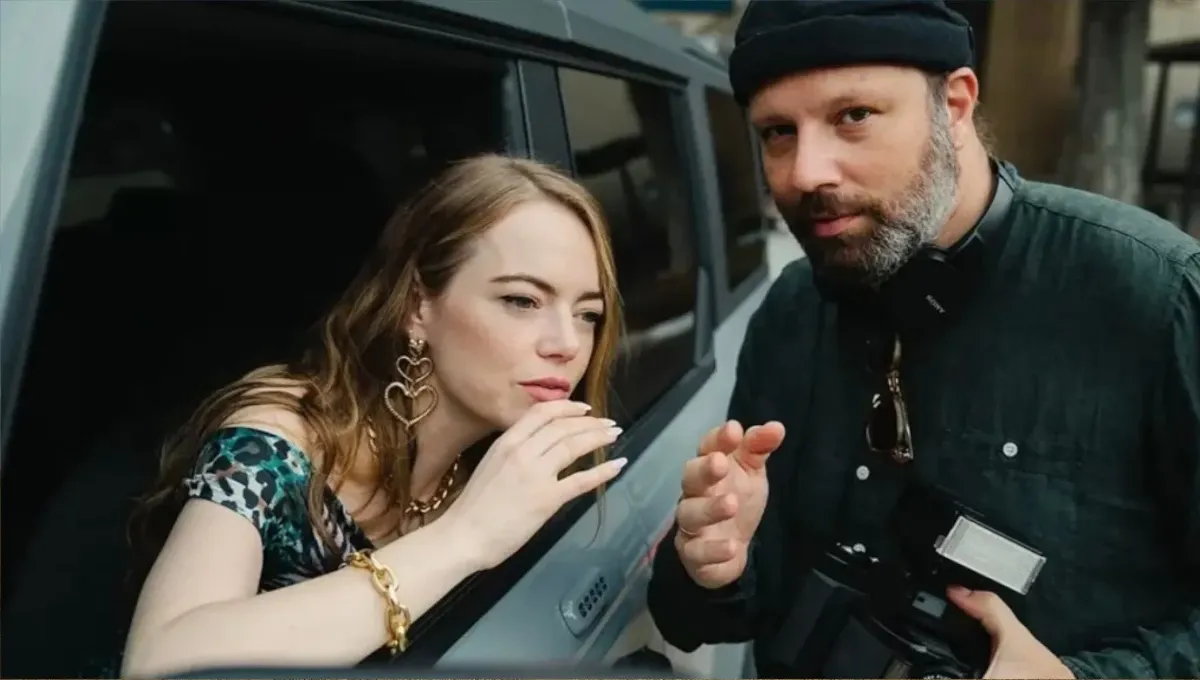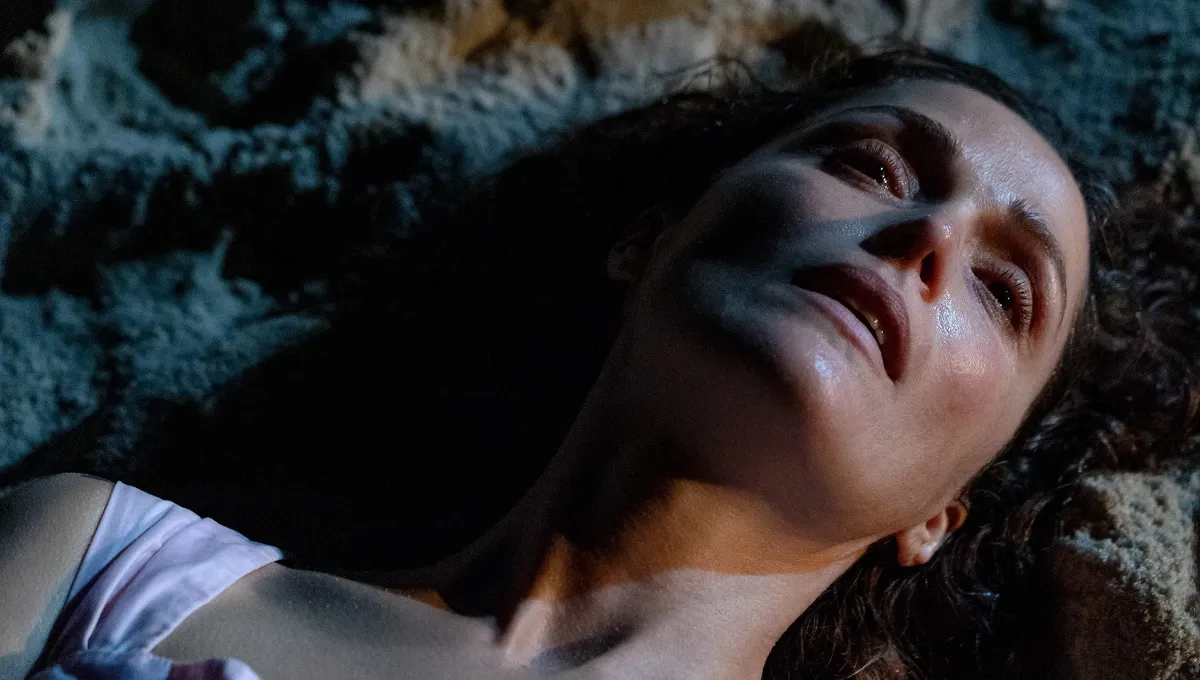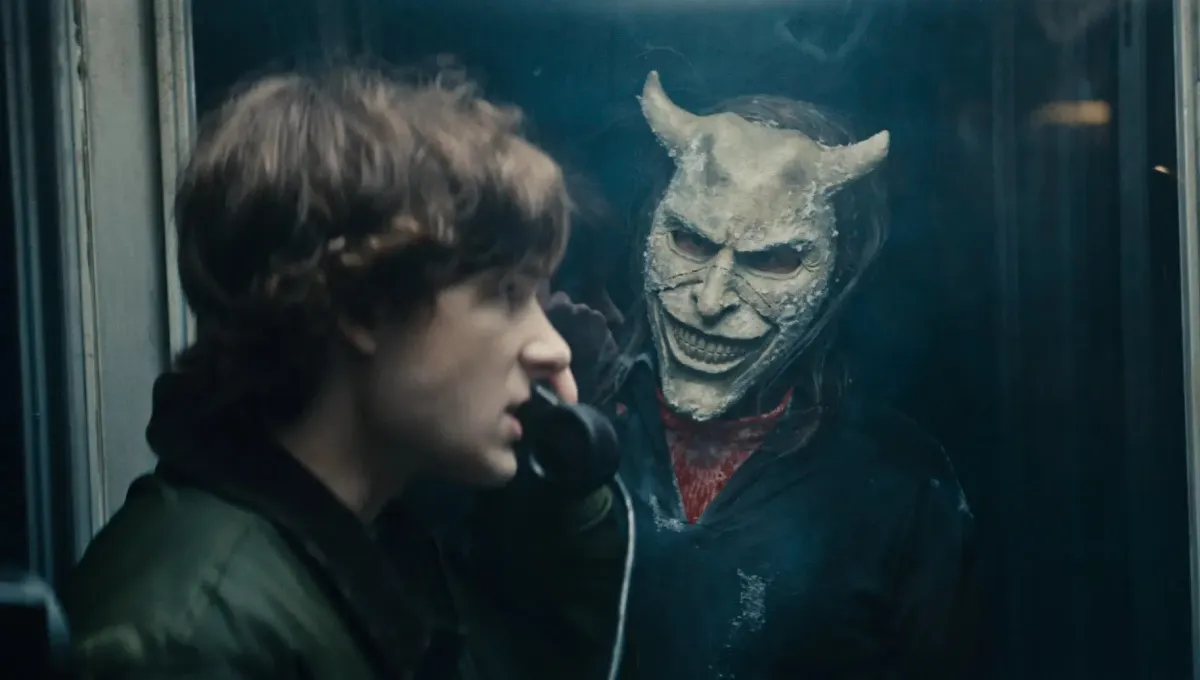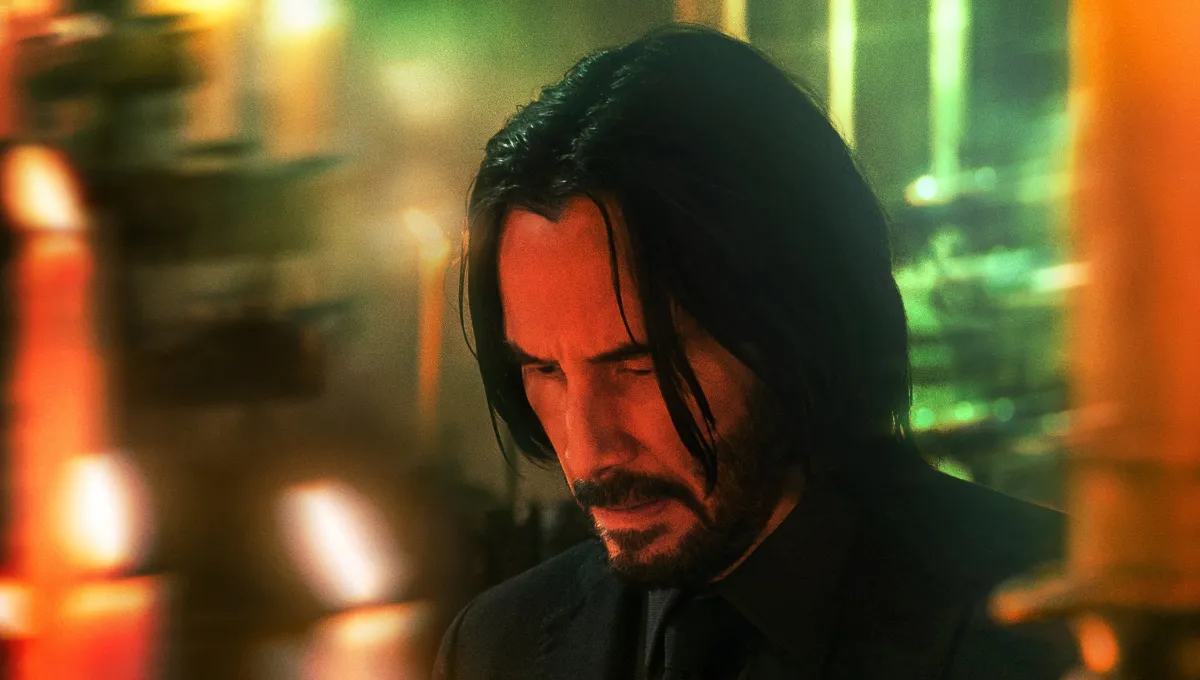In a year dominated by sequels and superhero fatigue, The Roses (2025) arrives like a cinematic jolt of truth. It’s sharp, emotional, funny, and painfully real — a mirror held up to modern relationships and the fragile egos that live inside them. Directed by Jay Roach and written by Tony McNamara, the film reimagines Warren Adler’s classic novel not as a remake but as a reinvention, where love and ambition collide in spectacular, heartbreaking fashion. At the center of it all stands an extraordinary cast led by Olivia Colman and Benedict Cumberbatch, whose chemistry turns an ordinary marriage story into a war of pride and passion.
From the outside, Theo and Ivy Rose have the perfect life. They are beautiful, accomplished, and adored — the kind of couple people envy and secretly resent. But beneath the shine, cracks begin to form. Theo, once a celebrated architect, faces a slow professional collapse just as Ivy’s culinary career skyrockets. What begins as mutual admiration turns into subtle competition, and eventually, open hostility. Every small success becomes a provocation, every silence a battlefield. The Roses’ story is not about infidelity or betrayal; it’s about how two brilliant people can destroy themselves by trying to outshine each other.
Olivia Colman gives a career-defining performance as Ivy. She captures the strength and fragility of a woman rediscovering herself after years of living in someone else’s shadow. Ivy is not written as the stereotypical “angry wife” — she is intelligent, wounded, ambitious, and deeply human. Colman’s ability to switch from tenderness to quiet rage in a heartbeat gives the film its emotional power. Her Ivy is relatable to anyone who has ever sacrificed too much for love, only to realize how much they’ve lost of themselves in the process. It’s a performance of depth, humor, and heartbreak.
Opposite her, Benedict Cumberbatch brings a raw, wounded energy to Theo Rose. Once proud and confident, he becomes a man haunted by irrelevance. Cumberbatch doesn’t play him as a villain but as someone terrified of losing control — of his career, his marriage, and his sense of identity. As Ivy grows stronger, Theo begins to unravel. His jealousy isn’t explosive; it’s quiet and insidious, the kind that hides behind politeness and clenched smiles. Cumberbatch gives Theo’s decline a tragic beauty, making him both infuriating and deeply pitiful. Together, Colman and Cumberbatch turn emotional conflict into high art. Their arguments feel like dances — choreographed, precise, and brutal.
The The Roses (2025) cast extends far beyond the central couple. Kate McKinnon plays Amy, Ivy’s sharp-tongued friend whose humor masks her own fear of failure. Andy Samberg adds unexpected depth as Barry, Theo’s longtime confidant who tries — and fails — to mediate the couple’s slow implosion. Their presence adds both levity and perspective, reminding viewers that even the funniest people can’t joke their way out of heartbreak. Ncuti Gatwa brings youthful idealism to the story as Jeffrey, representing the next generation’s hopeful belief in balance and equality. Sunita Mani, Zoë Chao, and Jamie Demetriou appear in smaller but vital roles that flesh out the Roses’ social world — a circle full of judgment, envy, and the quiet relief that comes from watching someone else’s life fall apart. And Allison Janney, in a brief but searing appearance, serves as the voice of truth the couple refuses to hear.
Visually, The Roses is stunning and symbolic. Cinematographer Matthew Libatique (known for Black Swan and A Star Is Born) captures the transformation of the Roses’ home from a bright haven to a suffocating prison. The lighting subtly shifts as their relationship deteriorates — warm sunlight gives way to cold shadows, open rooms turn into claustrophobic traps. The house becomes a metaphor for their marriage: beautiful, curated, and decaying from within. Every corner holds tension, every reflection in a mirror hints at fractured identity.
Tony McNamara’s screenplay cuts like a knife — witty, cruel, and deeply observant. His dialogue is loaded with subtext; every line feels like a duel disguised as conversation. Known for his biting scripts in The Favourite and Poor Things, McNamara injects his trademark irony into every exchange. But this time, the comedy is darker, more intimate. He explores how love can coexist with competition and how ambition, when left unchecked, can rot even the most passionate relationships. The Roses doesn’t ask who’s right or wrong; it asks whether love can survive equality when ego gets in the way.
Jay Roach’s direction keeps everything grounded. His pacing is deliberate, allowing the tension to simmer rather than explode. Every pause, every unfinished sentence feels intentional. Roach understands that modern relationships often die in silence — not with dramatic betrayals, but with slow emotional drift. The moments between Theo and Ivy, when they still try to pretend everything is fine, are among the film’s most heartbreaking. Roach captures the chaos of human emotion without judgment, balancing humor and despair with surgical precision.
The film’s tone is enriched by Nicholas Britell’s haunting score. Gentle piano notes weave through scenes of domestic destruction, creating a soundtrack that’s equal parts romantic and tragic. It mirrors the story’s duality — the beauty of love and the violence it leaves behind. Every note feels like a heartbeat slowing down.
Critics have hailed The Roses (2025) as one of the year’s most emotionally intelligent films. Audiences connect not just to its story but to its uncomfortable honesty. Social media has amplified several moments from the film, particularly Ivy’s monologue about self-worth, turning it into a viral anthem for anyone who’s ever felt unseen in love. The The Roses (2025) cast has been widely praised for its chemistry and emotional precision, with early awards buzz surrounding Colman and Cumberbatch for their fearless, raw performances.
What makes The Roses unforgettable is its refusal to offer comfort. It doesn’t glorify love or vilify ambition. Instead, it stares into the uneasy truth that even the most loving relationships can become power struggles. In Ivy and Theo, we see reflections of ourselves — our pride, our fears, our inability to let go. The film captures the quiet tragedy of people who can’t stop competing long enough to remember why they fell in love.
As the final act unfolds, the chaos turns cathartic. The Roses’ once-perfect home becomes a battlefield of broken furniture and shattered illusions. There’s no hero left to root for, only two people clinging to what’s already gone. Yet within that destruction, there’s beauty — a painful recognition that love is not about victory but surrender.
By the time the credits roll, The Roses (2025) leaves you breathless. Olivia Colman and Benedict Cumberbatch don’t just act; they expose. Kate McKinnon, Andy Samberg, Ncuti Gatwa, and the rest of the ensemble elevate the film beyond drama into something deeply human. It’s not a story about marriage — it’s a story about identity, about the desperate need to be seen and the cost of being right.
In a cinematic landscape obsessed with perfection, The Roses dares to show the cracks. It’s messy, brilliant, and emotionally unfiltered — a reminder that even love, when mixed with pride, can become its own undoing. The The Roses (2025) cast delivers not just performances but revelations, turning a familiar story into one of the most powerful emotional experiences of the year.
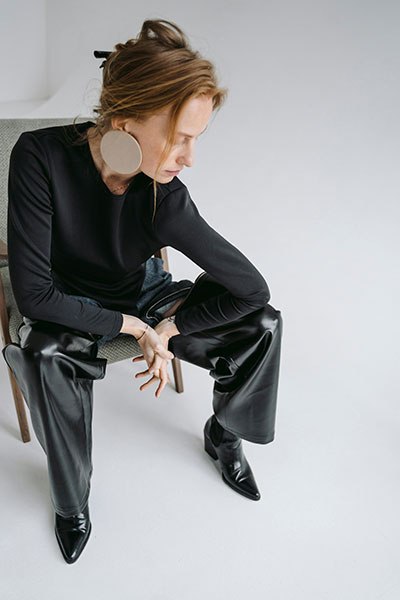
Grace Whitmore is a beauty and lifestyle editor at Nestification, exploring the intersection of modern femininity, quiet luxury, and emotional design. Her work focuses on how aesthetics, mindfulness, and self-expression shape today’s idea of calm confidence — where beauty becomes a state of mind.
Based in New York · [email protected]

